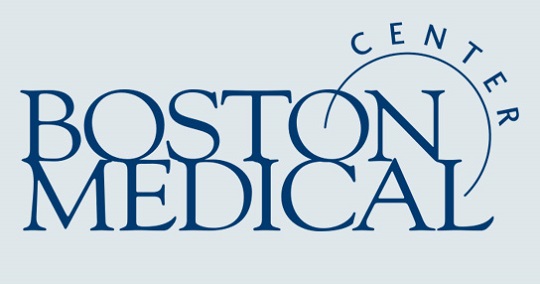Caregivers at Boston Medical Center (BMC) have released a study outlining how the hospital’s Addiction Consult Service (ACS) may be making a significant dent in the problem of inpatients with substance use disorder (SUD) relapsing into addiction – and being readmitted – shortly after discharge.
Numerous studies have shown that many inpatients (15% by one Massachusetts study) have an active SUD, and that they’re likely to be readmitted within 30 days of discharge. But treating a patient for substance use disorder in addition to whatever other forms of treatment the hospital is providing often does not occur.
“Barriers to inpatient initiation of medications for [opioid use disorder] include the limited availability of outpatient providers and programs, lack of insurance coverage, and federal privacy regulations that make coordinating and integrating medical and addiction care difficult,” BMC researchers wrote in the Journal of Substance Use Treatment.
To address the problem, BMC created its Addiction Consult Service in July 2015. The physician-RN ACS team meets with the patient, provides brief bedside counseling, initiates addiction-treatment medications, and formulates discharge planning.
“Discharge work for the ACS included collaborating with the primary hospital medical team, social work, and hospital case management, as well as coordination with and linkage to post-discharge addiction providers,” according to the study. “The ACS regularly collaborated with social work within the hospital and held weekly joint rounds with the Psychiatry Consult and Liaison service.”
Two BMC outpatient clinics and three local methadone clinics were the main post-discharge linkages.
BMC reports that over the first 26 weeks, the ASC received 367 referrals resulting in 337 consults. (Some patients left against medical advice, refused to be seen, etc.)
“Like heart disease can cause a heart attack or a stroke, addiction causes many acute injuries requiring immediate attention, but we can’t simply treat that issue without delving deeper to address the root cause,” said Alex Walley, MD, MSc, a general internist at BMC’s Grayken Center for Addiction who also oversees the addiction medicine fellowship. “Our goal is to engage willing patients in treatment and work with them on a plan that will keep them healthy and safe now and in the future.”
MHA’s V.P. of Clinical Affairs Pat Noga, RN, FAAN, who is involved in the association’s work on opioids, said BMC’s ACS work is well-known within the caregiving community and provides a template for work by other hospitals or state efforts going forward.
Click on the link to read the full study: Addiction consultation services – Linking hospitalized patients to outpatient addiction treatment.
And click here to read about the efforts of MHA’s Substance Use Disorder Prevention and Treatment Task Force that has developed guidelines for hospital to use in addressing the opioid crisis.

